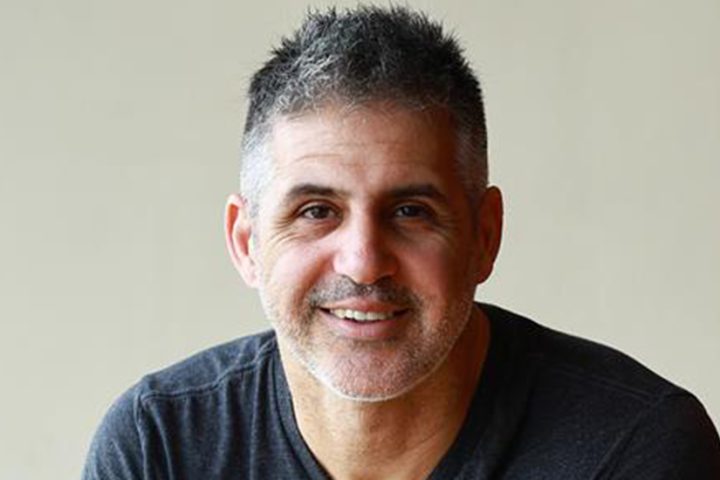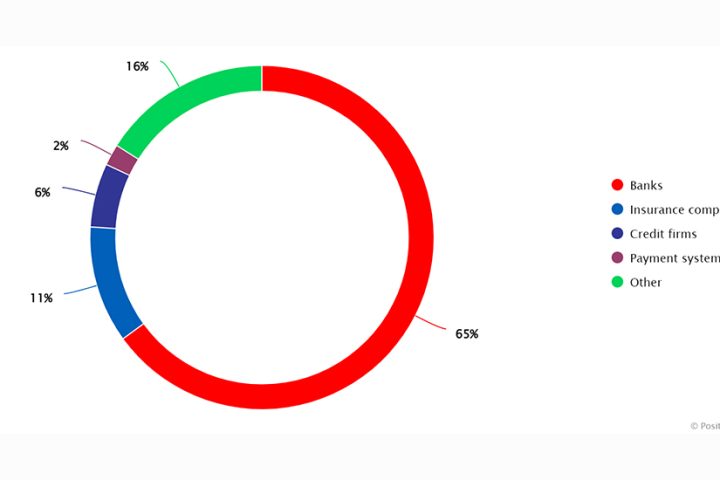Facebook has developed a new artificial intelligence (AI), and it has since created its own language using code words to communicate more efficiently. Researchers at Facebook shut the system down over concerns that they might lose control over the A.I. “AI is the rare case where I think we need to be proactive in regulation instead of reactive,” Elon Musk said at the meet of US National Governors Association. “Because I think by the time we are reactive in AI regulation, it’ll be too late.”
When Facebook CEO Mark Zuckerberg said that Musk’s warnings are “pretty irresponsible,” Musk responded that Zuckerberg’s “understanding of the subject is limited.”
This is not the first time AI’s have diverged from their training in the English language to develop their own, more efficient language. The phrases in the new language make no sense to people, but contain useful meaning when interpreted by AI bots. In one exchange revealed by Facebook to Fast Co. Design, two negotiating bots—Bob and Alice—started using their own language to complete a conversation. “I can i i everything else,” Bob said. “Balls have zero to me to me to me to me to me to me to me to me to,” Alice responded. The rest of the exchange formed variations of these sentences in the newly-forged dialect, even though the AIs were programmed to use English. When Bob later says “i i can i i i everything else,” it appears the artificially intelligent bot used its new language to make an offer to Alice. The Facebook team believes the bot may have been saying something like: “I’ll have three and you have everything else.”
Although the English may seem quite efficient to humans, the AI may have seen the sentence as either redundant or less effective for reaching its assigned goal. The Facebook AI apparently determined that the word-rich expressions in English were not required to complete its task. The AI operated on a “reward” principle and in this instance, there was no reward for continuing to use the language. So, it developed its own.














